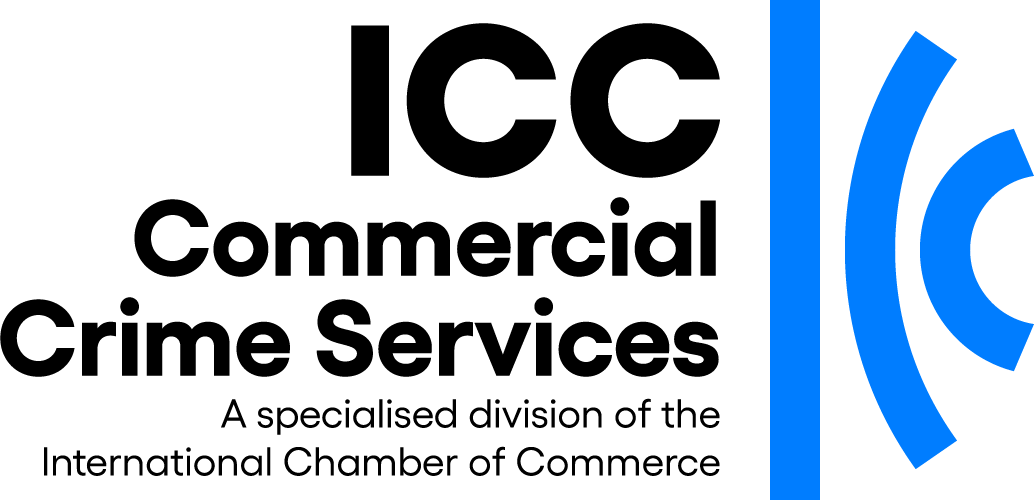

Fraudulent activity in Iran’s secondary trade finance market has attracted the attention of the International Maritime Bureau (IMB), a unit of ICC’s Commercial Crime Services.

Fraudulent activity in Iran’s secondary trade finance market has attracted the attention of the International Maritime Bureau (IMB), a unit of ICC’s Commercial Crime Services.
Interest rates offered by banks in Iran on dollar transactions can be 10% to 15% whereas the rates abroad are considerably lower. Companies seeking finance try to structure their transactions so that the financing is done outside Iran by-passing some of the Iranian financial controls. On the other hand, these transactions are attractive to the banks in the secondary market, because they can charge more for the Iranian risk than for transactions with other similar countries. IMB Director Pottengal Mukundan stated: “Iranian companies seeking lower external interest rates appear to be using shell companies based in Dubai and elsewhere. Employing shell companies makes it easier to structure their financial requirements under the guise of genuine trade finance transactions. The schemes are being perpetrated in pursuit of low interest rate financing, the illegal transfer of local currency into hard currency outside Iran, and other questionable activities.”
One popular con works as follows. Under the advice of a bank in a Middle Eastern commercial centre, letters of credit are opened in Iran in favour of a beneficiary linked to the buyers. A transaction is then offered to other trade finance banks for negotiation and discounting. The secondary trade finance bank that receives and negotiates the documentation is distant from the transaction and has little knowledge of the beneficiary, the applicant, or the transaction itself other than through the documents presented.
Many of these secondary transactions appear to be fake, as the ‘traded’ goods and the vessels said to be shipping them, simply do not exist. In other cases, the cargoes stated on the bills of lading are never actually loaded, or the invoices over-valued.
An IMB investigation on behalf of local banks indicates that roughly two thirds of such transactions on the secondary forfaiting market were fraudulent.
Mr Mukundan noted: “Financing spurious transactions presents multiple risks to banking institutions, including tying up significant management and legal resources in resolving the difficulties which follow. Furthermore, an unwitting connection to money laundering or an illegal foreign exchange export scheme can do irreparable harm to a bank’s reputation.”
With spiking levels of fraudulent transactions in Iran’s finance market, the IMB is reminding banks of the importance of verifying the authenticity of transactions they intend to finance. For those banks seeking assistance in this area, the IMB can provide vital intelligence and support.
For further information or interviews please contact IMB Director, Pottengal Mukundan +44 208 591 3000.






